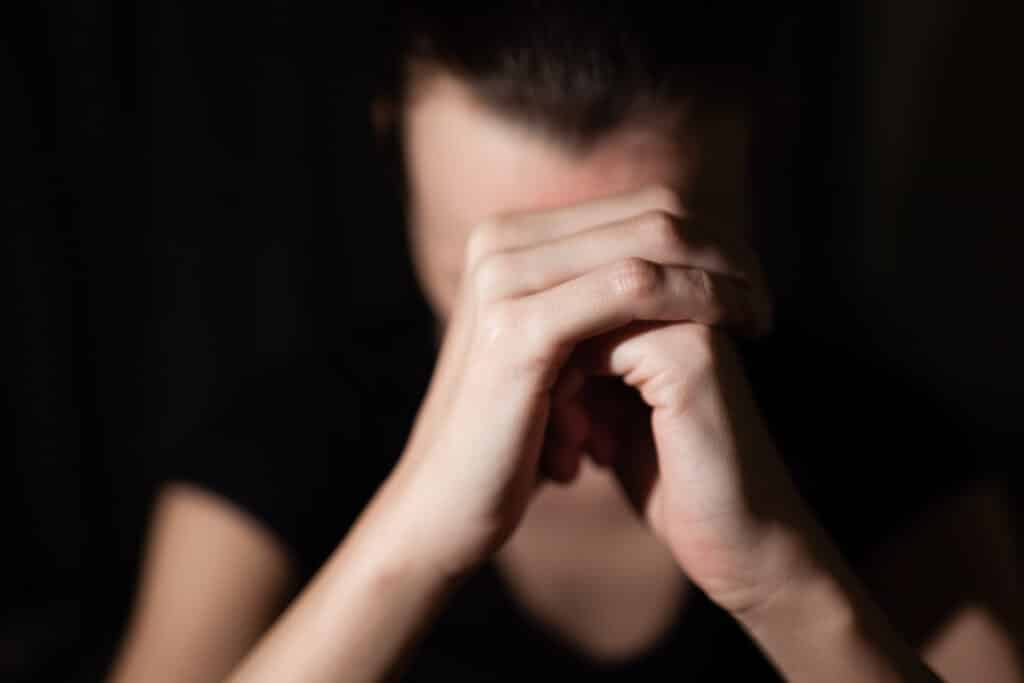Depression is a global health issue and a common mental disorder affecting millions of people. According to the NIMH, approximately 19.4 million adult Americans had at least one major depressive disorder in 2019. World Health Organization (WHO) estimates that 5% of adults suffer from depression globally, out of the 3.8% of the worldwide population. Based on numbers, it means about 280 million people have depression.
The above statistics show that depression significantly contributes to a global health crisis. In its worst state, it can lead to suicide. Suicide is ranked fourth on the list of leading causes of death in 15-29 year-olds. Like most mental disorders, depression can be treated.
Satori Health is a comprehensive mental health treatment center in the San Fernando Valley. Contact us today to learn more about available treatment options.
What is Depression?
Depression is a medical condition that affects one’s ability to function properly. It affects your mood, causing you to have mood switches, which is not the same as mood fluctuations or short-term emotional responses to daily challenges and sad news, such as the death of a loved one. It can only be diagnosed as depression if the fluctuation is mild to severe. This condition can cause difficulty in thinking, memory loss, and eating disorders.
Depression is more than being unhappy for a few days. Yes – many people go through periods of feeling down, but when you feel persistently sad for weeks or months, then you are severely depressed. Most people assume that depression isn’t a serious health condition, but they are wrong. You can’t snap out of it just like that.
Depression comes in various forms according to its underlying causes and symptoms. This include; major depressive disorder or clinical depression, bipolar depression, perinatal depression, postpartum depression, persistent depressive disorder, premenstrual dysphoric disorder, seasonal affective disorder, and psychotic depression. Our main focus in this post is clinical depression.
Clinical depression is a mental disorder recognized by persistent depressive mood and loss of interest in regular activities. This mental health condition can be caused by psychological, biological, and social factors or a combination of all three. Clinical depression is a more severe type of depression that can impair one’s daily life.
Although roughly 25% of adults are likely to suffer major depression at some point, women are at a higher risk. Women are twice as men to have clinical depression due to vulnerability, stress, and hormonal changes in puberty, menstruation, and menopause.
What are the Signs of Clinical Depression?
Doctors use symptoms or signs to diagnose clinical depression. Some of the signs include;
- Sadness and emptiness
- Irritability and angry outbursts over little things
- Loss of interest in regular activities, such as sex and hobbies
- Insomnia or sleeping excessively
- Exhausted and lacking in energy to do small tasks
- Feelings of anxiousness and restlessness
- Feeling guilty and ruminating over past failures repeatedly
- Difficulty in thinking and concentrating
- Hard to make decisions
- Recurrent thoughts of death and suicide
- Slowed thinking and body movements
These signs are severe enough to be noticeable in day-to-day activities and relationships. So if you see anyone with the above signs, kindly refer the person to Satori Health for personalized mental health treatment in Los Angeles.
How Long Does Clinical Depression Last?
So how long does clinical depression last? Clinical depression typically lasts two weeks or more. During this period, the individual exhibits the above signs. Major depressive disorder isn’t restricted to a particular age group; it affects teens and kids too. It means that teens and children are also at risk of suffering from MDD.
How to Treat Major Depressive Disorder
The good news is you can treat major depressive disorder. Treatment involves a combination of therapy, such as counseling, cognitive behavioral therapy, and lifestyle changes. Treatment depends on the severity of your depression. If you have mild depression, the doctor may recommend waiting and adjusting to lifestyle changes to see if it improves while they monitor your progress. Moderate to severe forms may require a combination of CBT, antidepressants, and counseling.
Satori Health Offers Comprehensive Depression Treatment in Los Angeles
According to NCBI, 60% of people with depression are often afraid to seek help because of stigmatization. WHO mentions that 75% of low and middle-income earners in a country never get treated for this condition due to barriers. Satori Health is opening its arm to anyone suffering from depression. We are a compassionate, world-class mental health treatment center in Los Angeles, committed to helping our clients recover from depression and other mental health issues. Our mental health programs include outpatient and inpatient programs focused on helping individuals heal through multiple levels of care. These programs include Cognitive Behavioral Therapy, Dialectical Behavior Therapy, and EMDR Trauma Therapy and are administered depending on the severity of the depression. Reach out to us to begin your recovery journey today! Your mental health matters!



